Cotoneaster Pruning Guide – When Should You Trim Cotoneaster Shrubs
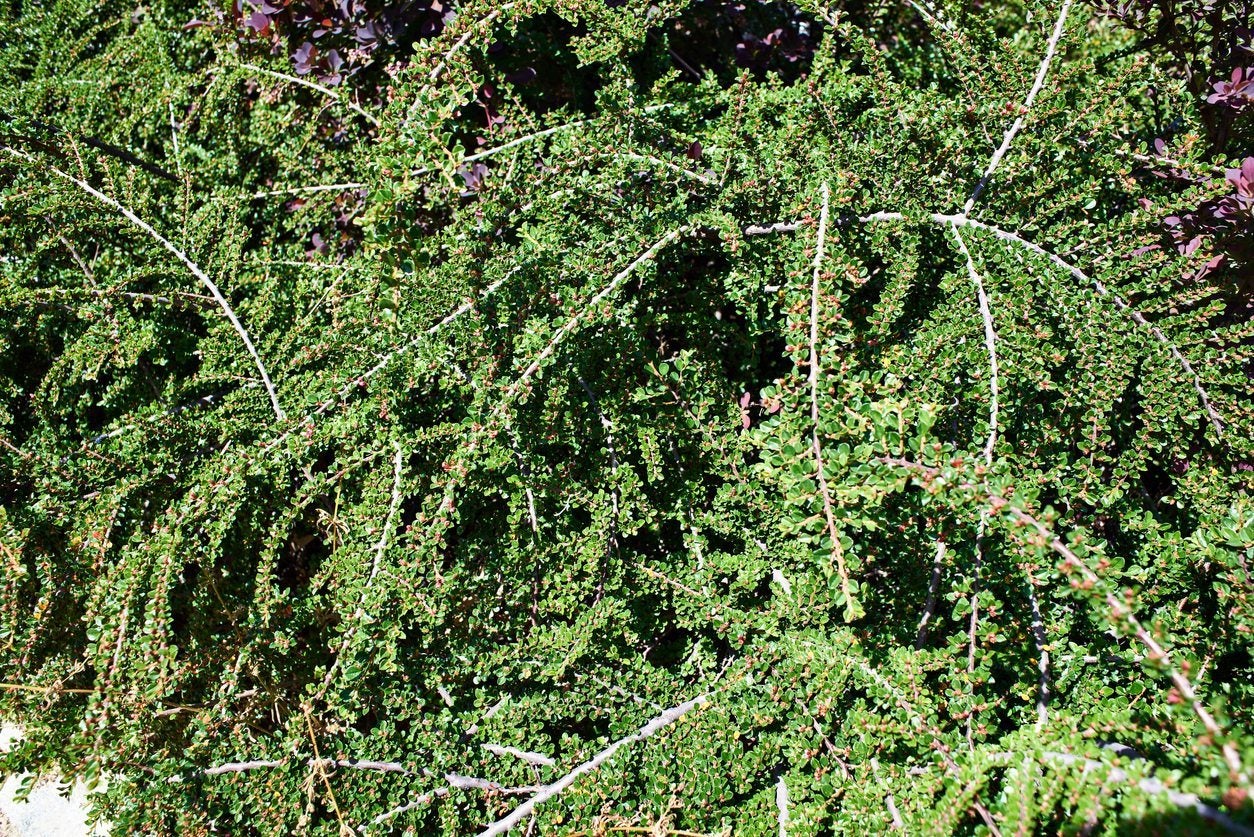

Cotoneaster comes in many different shapes and sizes, from creeping varieties to upright shrubs. Cotoneaster pruning is different depending on the type of plant you have in your backyard, although the goal for all varieties is to follow its natural form. If you want to learn how to prune cotoneaster, you’ve come to the right place. Read on for tips on cutting back cotoneaster.
About Cotoneaster Pruning
Cotoneaster is not one of those shrubs that requires pruning to develop vigorous, strong branches. In fact, the shorter varieties of cotoneaster are creepers, without upright branches. To trim cotoneasters that are groundcover types, you want to keep the brakes on.
Don’t get carried away with cotoneaster pruning here. Only dead or diseased branches should be removed, or those that detract from the natural symmetry of the plant. Some types of cotoneaster are taller than creepers but still very short shrubs. Trim cotoneaster that is low-growing by removing a few of the oldest branches. Pruning a cotoneaster in this manner is best accomplished in spring, not winter.
If you want to try cutting back cotoneaster varieties that are upright, you have more options. Still, you should always use a light hand when pruning a cotoneaster. The upright shrubs have attractive natural shapes with beautifully arching branches. Dramatic or drastic cotoneaster pruning will destroy its beauty.
How to Prune Cotoneaster
When you start pruning a cotoneaster that is either a medium or a tall upright variety, be sure you know why you are pruning. These shrubs are most attractive as specimen plants when left virtually un-pruned, maintaining their flowing shape.
Prune to enhance the shrub’s natural form, not to re-shape it. It is perfectly fine to take out dead and diseased branches and to trim damaged branches to healthy wood. Trim cotoneaster in this way whenever you notice the problem. All other significant pruning should be done in spring before flowering, and can be done as early as February.
At this time you can trim cotoneaster’s longer, awkward branches back to side branches. Prune the branches just above new buds. If you are wondering how to prune cotoneaster that appears to be overly dense, cut a few of the oldest branches. Pick branches in the center of the shrub and prune back to ground level.
Gardening tips, videos, info and more delivered right to your inbox!
Sign up for the Gardening Know How newsletter today and receive a free copy of our e-book "How to Grow Delicious Tomatoes".

Teo Spengler is a master gardener and a docent at the San Francisco Botanical Garden, where she hosts public tours. She has studied horticulture and written about nature, trees, plants, and gardening for more than two decades. Her extended family includes some 30 houseplants and hundreds of outdoor plants, including 250 trees, which are her main passion. Spengler currently splits her life between San Francisco and the French Basque Country, though she was raised in Alaska, giving her experience of gardening in a range of climates.
-
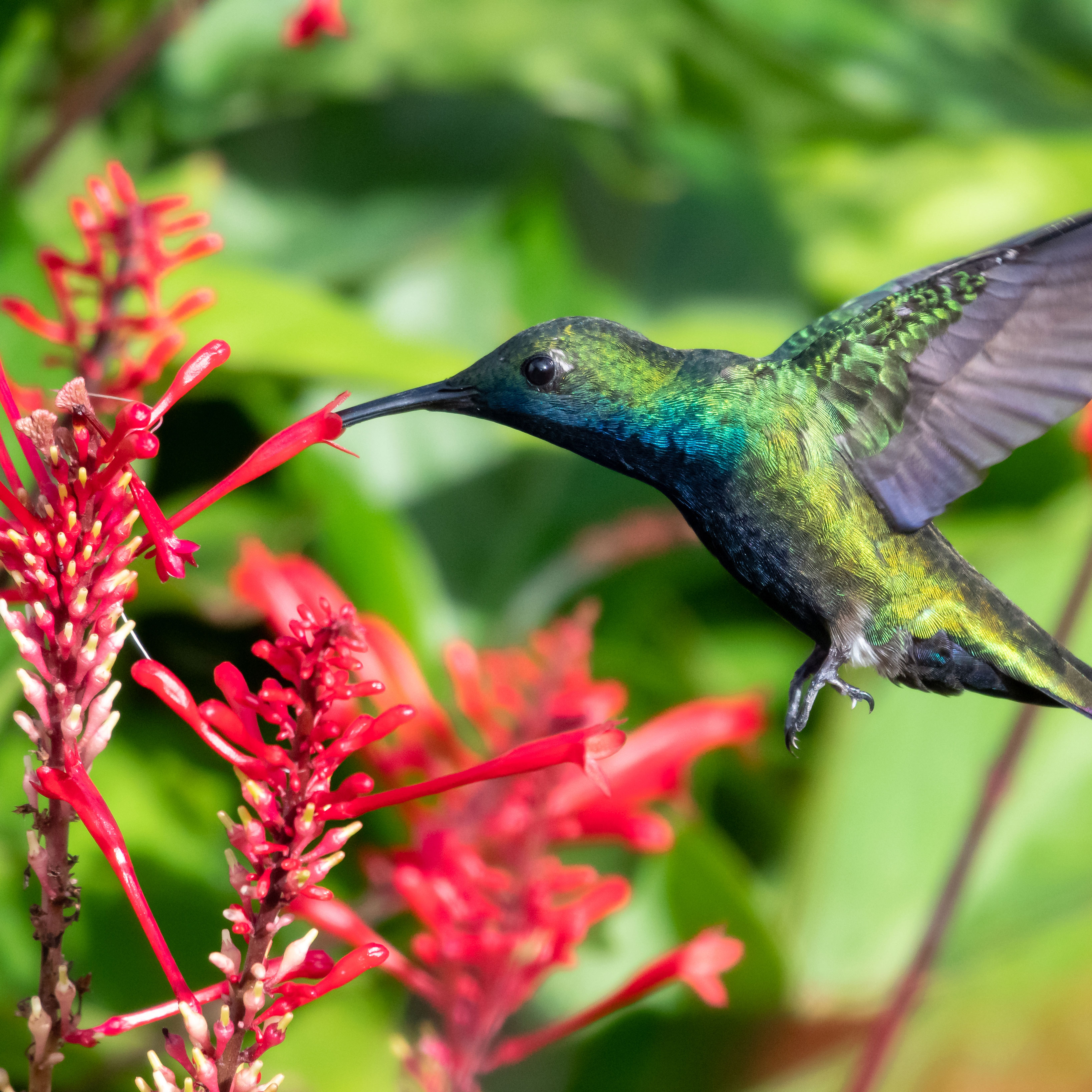 Terrifically Tubular Flowers For Hummingbirds: 9 Tube-Flowered Plants To Attract Hummers
Terrifically Tubular Flowers For Hummingbirds: 9 Tube-Flowered Plants To Attract HummersGrowing tubular flowers for hummingbirds helps you create the optimum feeding conditions for your winged friends. Here are nine tubed delights for hummers
By Tonya Barnett
-
 How To Grow Hydroponic Tomatoes For Fresh Indoor Harvests – No Soil Required
How To Grow Hydroponic Tomatoes For Fresh Indoor Harvests – No Soil RequiredLearning how to grow tomatoes in water is easy and allows you to harvest fresh-home-grown produce in every season without any mess.
By Ellen Wells
-
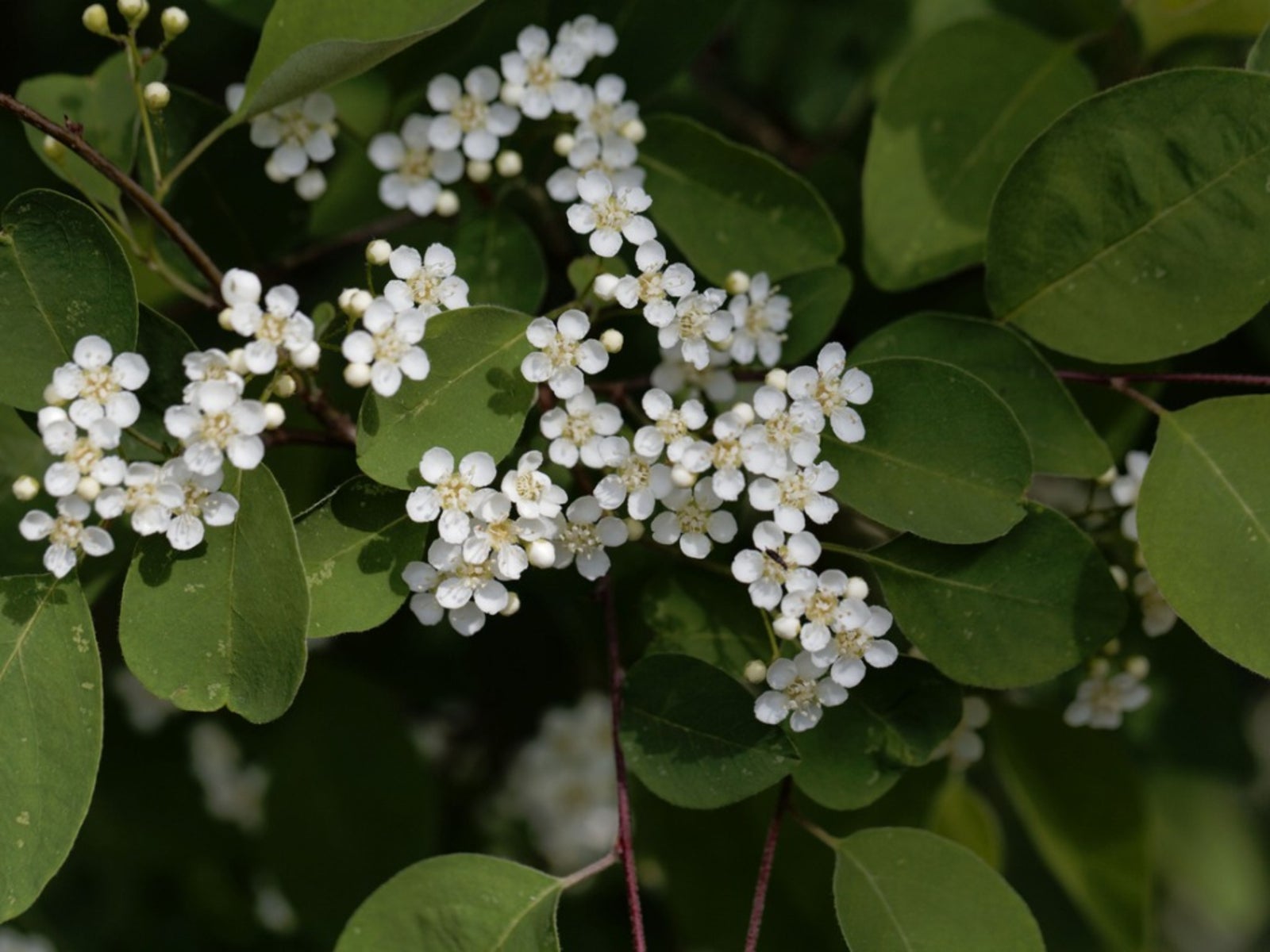 Many-Flowered Cotoneaster Shrub Info - Growing Many-Flowered Cotoneasters
Many-Flowered Cotoneaster Shrub Info - Growing Many-Flowered CotoneastersIf you’re looking for a sprawling, large shrub with good visual interest all year-long, consider many-flowered cotoneaster. This species of cotoneaster is a shrub that grows quickly and produces interesting foliage, spring flowers, and fall berries.
By Mary Ellen Ellis
-
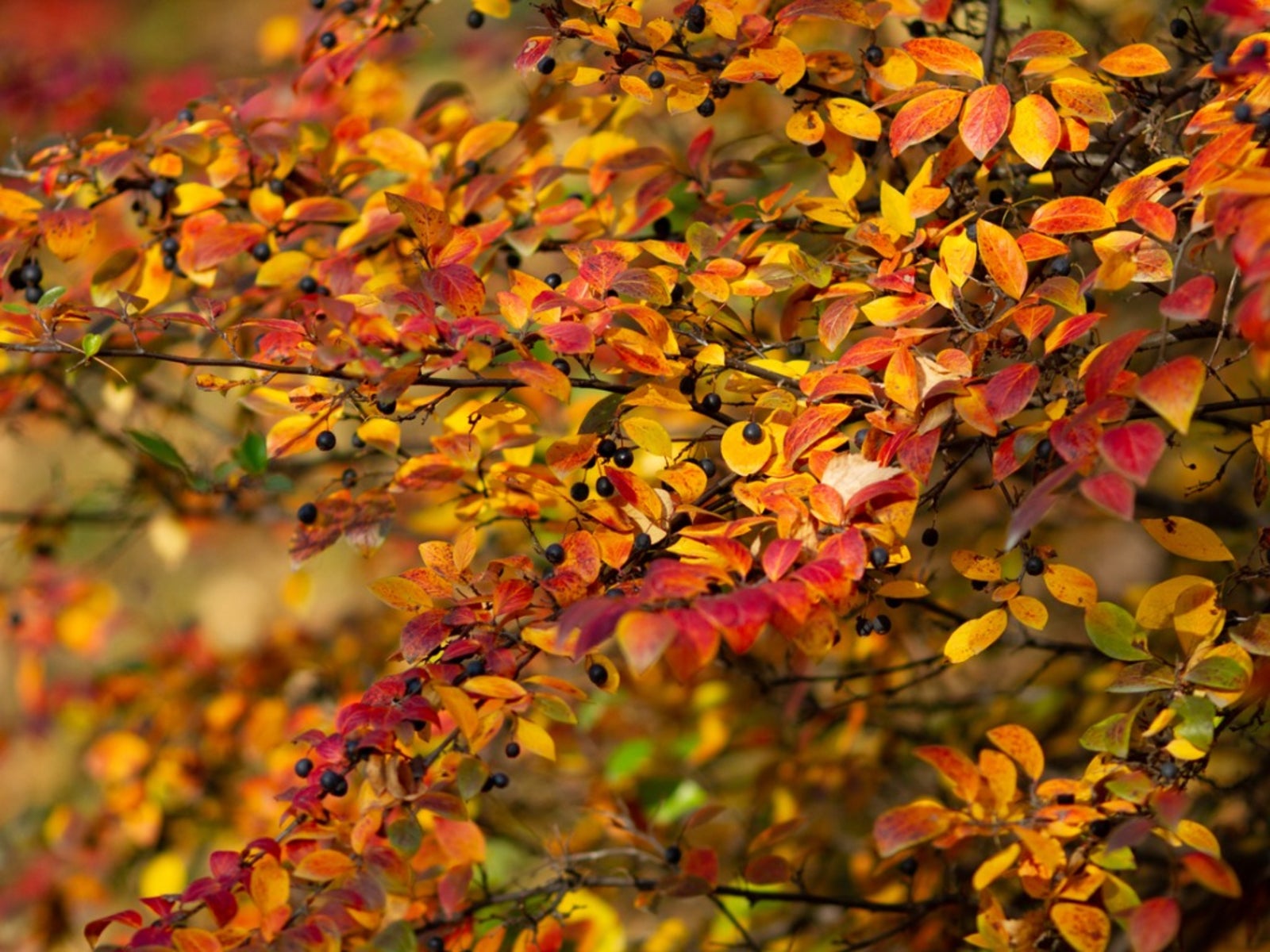 What Is Hedge Cotoneaster: Learn About Hedge Cotoneaster Care
What Is Hedge Cotoneaster: Learn About Hedge Cotoneaster CareWhether you're looking for a low sprawling variety or a taller type for a dense hedge, there is a cotoneaster that will meet your needs. In this article, we will discuss hedge cotoneaster plants. What is hedge cotoneaster? Click here for the answer.
By Darcy Larum
-
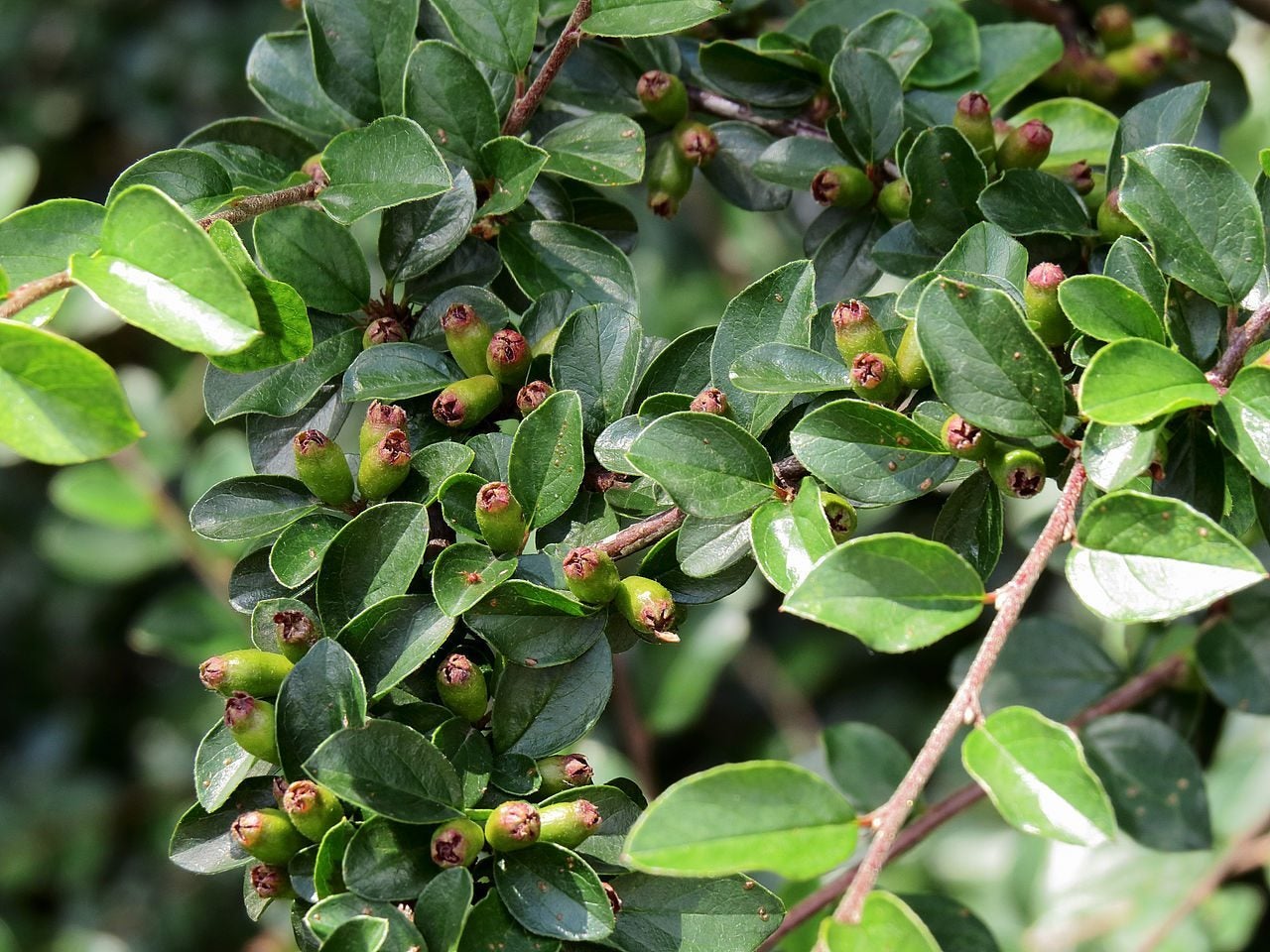 Spreading Cotoneaster Info: How To Grow Spreading Cotoneaster Plants
Spreading Cotoneaster Info: How To Grow Spreading Cotoneaster PlantsThe spreading cotoneaster is an attractive, flowering, medium-sized shrub that is popular as both a hedge and specimen plant. This article has more information about spreading cotoneaster care and tips for growing these shrubs in the garden and landscape.
By Liz Baessler
-
 Cranberry Cotoneaster Facts: Learn How To Grow A Cranberry Cotoneaster
Cranberry Cotoneaster Facts: Learn How To Grow A Cranberry CotoneasterGrowing cranberry cotoneaster brings a low, lovely splash of color to the backyard. They bring with them a spectacular fall fruit display, a gracious plant habit, and clean, bright foliage. These plants make great groundcover but can also serve as short hedges. Learn more here.
By Teo Spengler
-
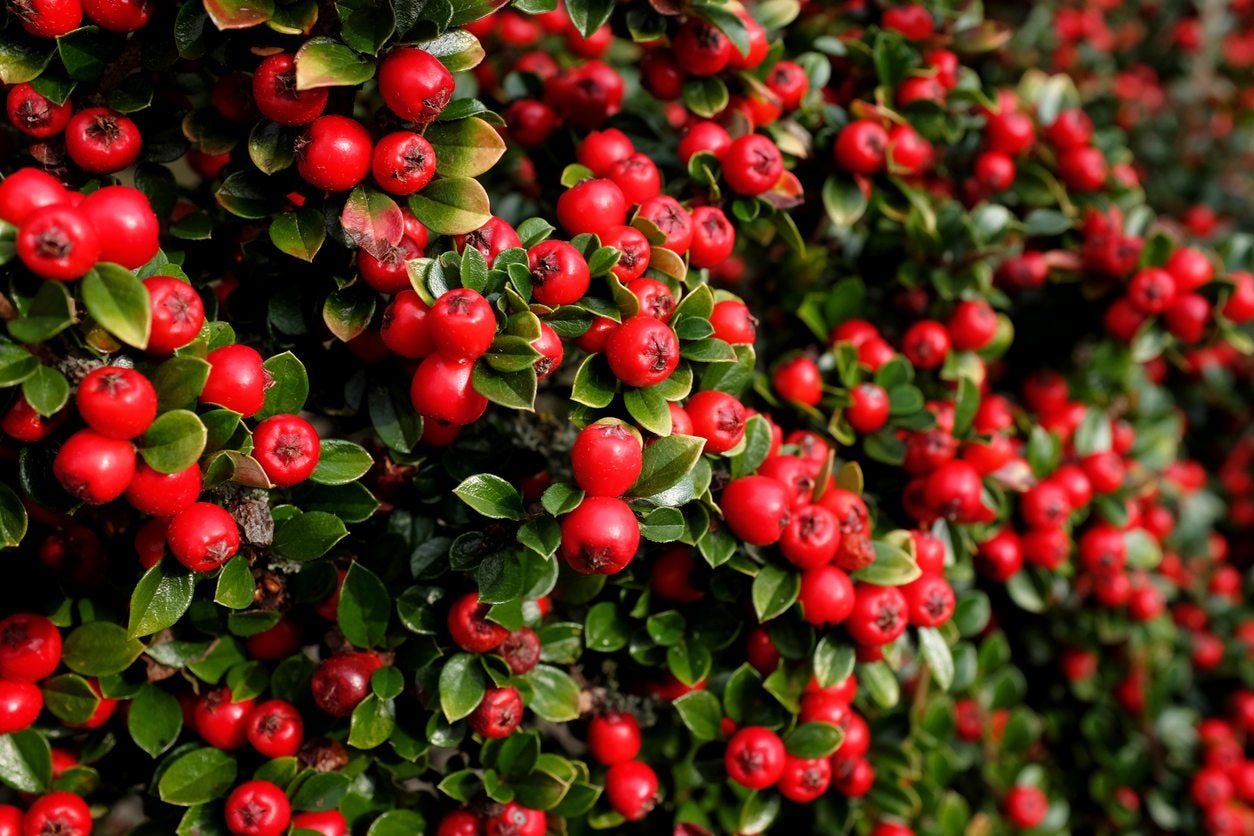 How To Grow Cotoneaster: Caring For Different Types Of Cotoneaster
How To Grow Cotoneaster: Caring For Different Types Of CotoneasterWhether you?re looking for a 6-inch ground cover or a 10-foot hedge plant, cotoneaster has a shrub for you. Growing cotoneaster is a snap, and you can learn more about the plant's care in this article.
By Jackie Carroll